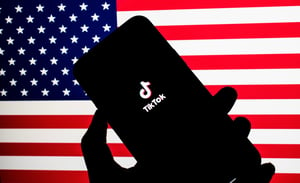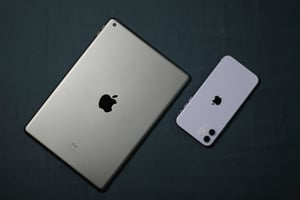
MediWound, an Israeli biopharmaceutical company, has experienced unexpected growth due to the ongoing conflict in Israel. Their burn treatment drug, NexoBrid, approved by the FDA in early 2023, has become the primary treatment for severe burns in Israel since the October 7 attacks.
CEO Ofer Gonen reports that the drug has saved dozens of lives of soldiers and civilians. In one instance, NexoBrid was used to treat a tank crew member who suffered 40% burns, saving his life. The drug, containing proteolytic enzymes from pineapple stems, selectively removes burn-damaged tissue while preserving healthy tissue, offering a less painful alternative to surgery.
NexoBrid's success extends beyond Israel. It's now approved in 43 countries, and governments worldwide are stockpiling it for potential disasters. The drug is particularly crucial for patients with burns covering 30% or more of their body, who might not survive traditional surgical interventions.
MediWound has also received €16.25 million in funding from the European Innovation Council for EscharEx, their upcoming treatment for chronic wounds, particularly diabetic foot ulcers. This drug, based on the same active ingredient as NexoBrid but with a lower enzyme concentration, is currently in its final stage of clinical trials and is expected to hit the market by 2028-2029.
Founded in 2000 by Dr. Lior Rosenberg, MediWound took nearly 23 years to receive FDA approval for NexoBrid. The company now employs 120 people, primarily in Israel, and generated $20 million in revenue last year from NexoBrid sales. Since Gonen became CEO in 2022, the company has raised over $80 million, bringing its total funding to over $200 million since its founding.
MediWound plans to expand its manufacturing facility in Yavneh, Israel, to meet increasing demand. The company has also established a commercialization arm in Germany and expanded its operations in the United States.
Gonen states that MediWound is transitioning from a startup to an established company, no longer needing to raise additional capital. The firm's journey highlights the challenges and potential of biotech development in Israel, emphasizing the long-term investment and patience required in this sector compared to other tech industries.
* Israel 21c contributed to this article.




























0 Comments